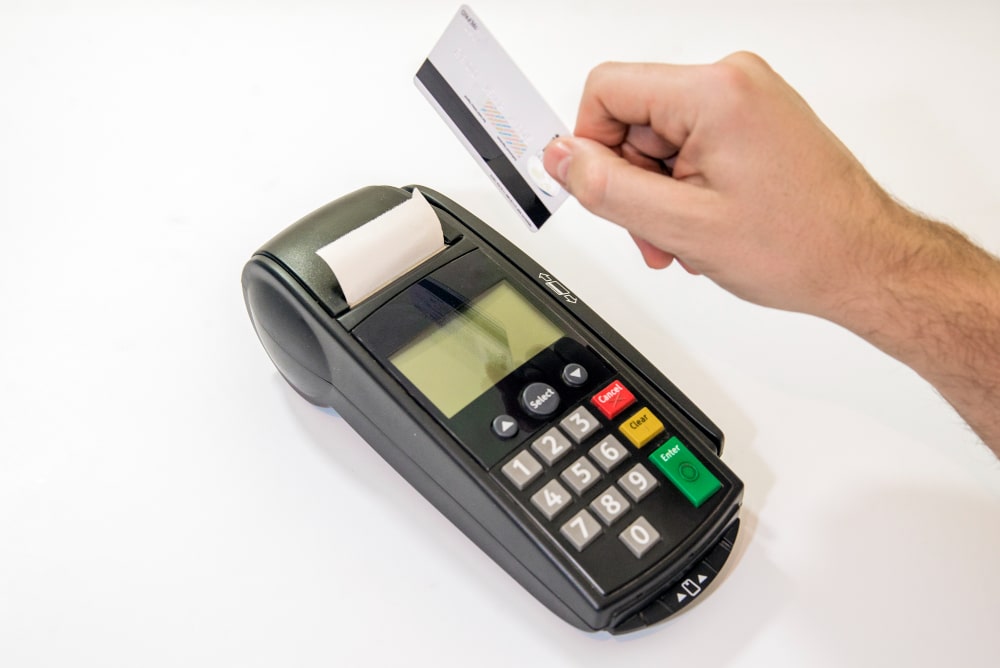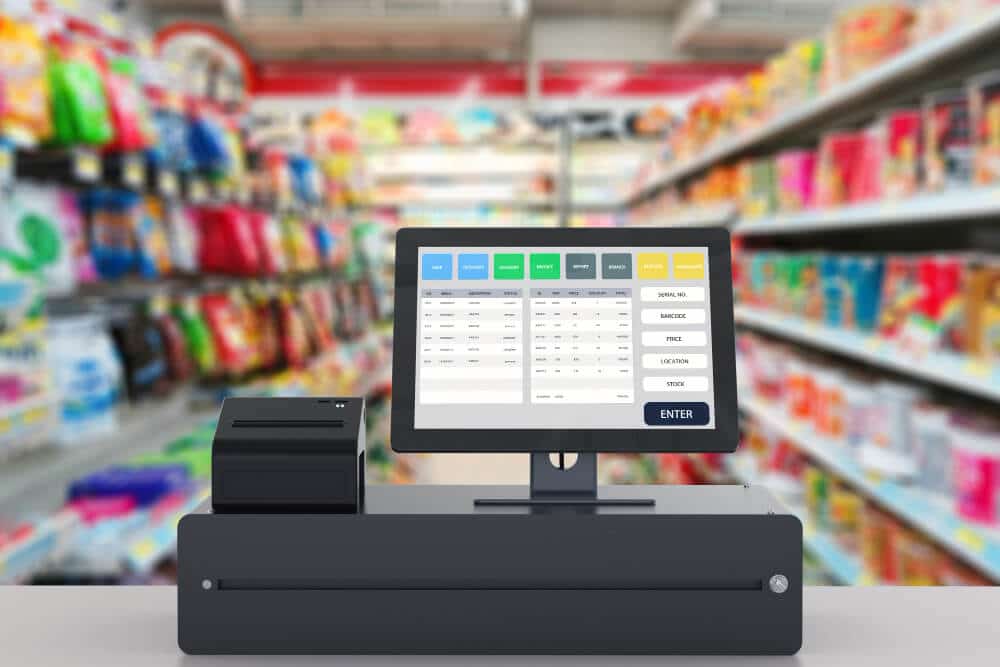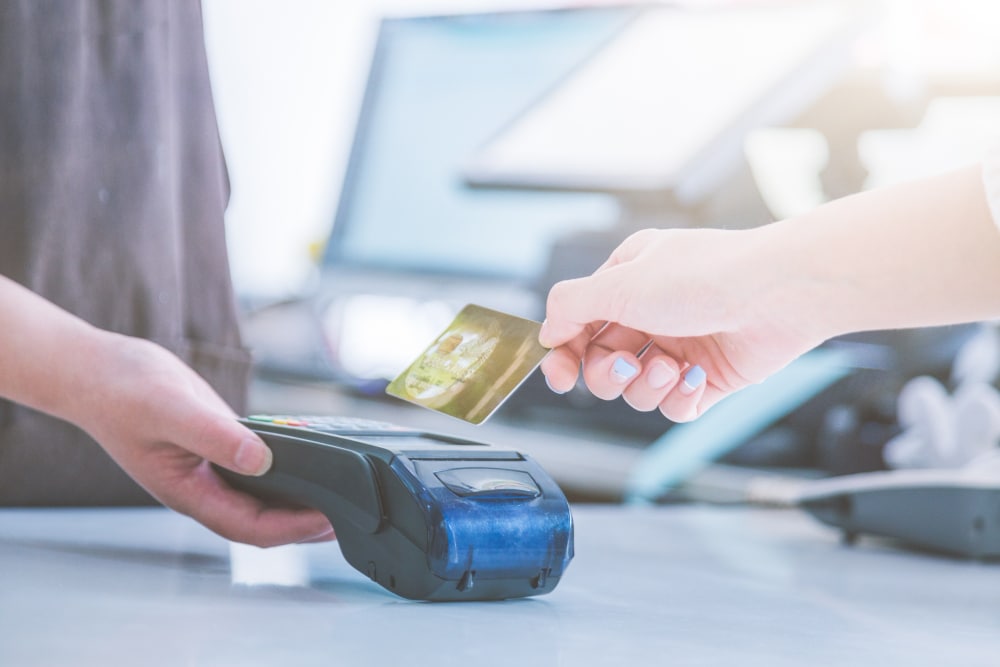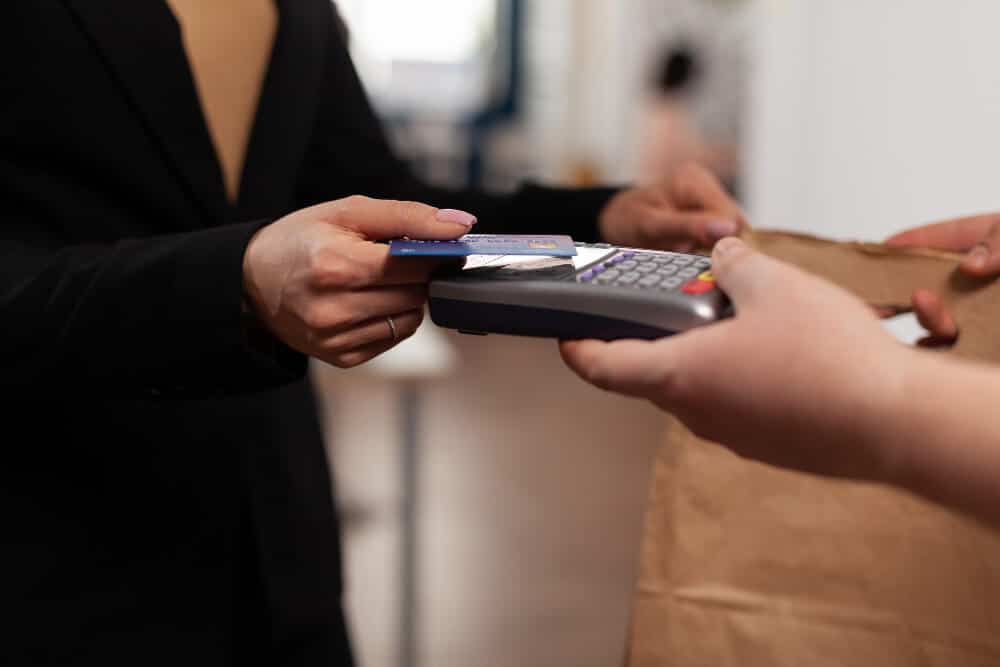When your credit card processing goes down, it can be a major inconvenience. Not only do you not have access to the funds in your account, but you may also find yourself unable to make purchases or access your money in other ways.
A credit card outage is basically when the systems that allow credit card companies to communicate with banks and financial institutions are down. It can be both widespread, affecting multiple card issuers, or it can be isolated to just one company.
It’s also frustrating and causes damage to businesses that rely on credit card transactions to keep their doors open. It can be difficult to determine the cause of a credit card outage, but there are a few things that can lead to these types of problems.
Let’s learn more about credit card outages, why they happen, and what you can do to minimize the effects that it causes. So if you are ever faced with a credit card outage, you’ll know exactly what to do.
Table Of Content
What Is a Credit Card Processing Outage?
How a Credit Card Outage Affects Businesses
Causes of Credit Card Outages
What to Do During Credit Card Processing OutagesWays to Accept Payments from Your Customers When a Credit Card Outage Happens
What Is a Credit Card Processing Outage?
A credit card processing outage is defined as an interruption in the service that allows credit card companies to communicate with banks and other financial institutions. This can be caused by several different factors, but the result is always the same: your credit card will not work.
The word outage is often used interchangeably with the word interruption. So, if you hear someone say that there is a “credit card outage,” they are likely referring to an interruption in service.
A credit card processing outage can be both widespread as well as localized. A localized outage may only affect a single card company or bank, while a widespread outage can affect multiple card companies and banks.
While outages are rare, they do happen!
Credit card outages are not common, but they do happen from time to time. And when they do, it can be frustrating for consumers as well as businesses.
However, the best part is that it gets resolved relatively quickly and your credit card will be working again in no time. Credit card companies and banks have protocols in place to deal with outages, so you can rest assured that they are working hard to fix the problem.
Read Also: Fixed-Rate Payment Processing vs. Interchange Plus

How a Credit Card Outage Affects Businesses
Businesses that mostly rely on credit and debit card transactions can be severely affected by a credit card processing outage. After all, if your customers cannot use their credit cards, they may not be able to make a purchase.
In some cases, businesses may lose out on sales altogether. For example, if a customer was planning on buying a big-ticket item but couldn’t because their credit card didn’t work, they may not come back to try again. In other words, a credit card outage can lead to lost sales and revenue for businesses.
The main problem begins during peak times because that’s when businesses make the most money. If an outage occurs during peak times, businesses can lose out on a lot of revenue.
Let’s take a look at some of the ways credit card outages can affect businesses:
1. Business Inconvenience
Depending on the industry of your business, a credit card outage can create an inconvenience on many different levels! For example, transportation companies like Uber or Lyft can not process any payments during an outage, meaning their drivers can not work and customers can not get around.
Other businesses such as restaurants may not be able to take customer orders or process payments, meaning customers will have to leave without being served. This can lead to lost sales and upset customers.
Depending on your business industry, a credit card outage can create various degrees of inconvenience.
2. Losing out on sales
Just as we mentioned before, if a customer is unable to use their credit card to make a purchase, businesses may lose out on sales. In some cases, the customer may not come back to try again later. This means that businesses need to be prepared for credit card outages to minimize the number of lost sales.
It mostly affects during peak times and can be detrimental to businesses if they are not ready for it. For example, if you are in the middle of a holiday rush and your credit card system goes down, you may lose out on a lot of potential sales.
3. Lowering customer satisfaction
As a business owner, after making revenue, your second goal should be to keep your customers happy. If a credit card outage occurs and your customers are unable to make a purchase, they may not be very pleased with your business. This could lead to them seeking out a competitor who can provide the same product or service.
You want as many returning customers as possible and a credit card outage could lower customer satisfaction, leading to them taking their business elsewhere. Make sure to choose a credit card processing company that is reliable and has a good reputation to avoid outages and keep your customers happy.

Streamline your business with Octopos– A Complete POS System with Big Boys Tools without the Big Price
It is a lot more than a point of sale. Octopos is easy and intuitive for you and your staff to use. Yet you get all these sophisticated tools to manage inventory, track and engage customers, get meaningful insights into your business, and much more.
4. Delaying business operations
Another way credit card outages can affect businesses is by delaying business operations. If you are unable to process payments, this could hold up your whole operation. For example, if you run a construction company and need to pay your workers but can’t because of a credit card outage, this will likely delay your construction project.
This can lead to upset customers and lost revenue so it’s important to have a backup plan in place in case of a credit card outage so your business operations are not delayed.
5. Causing financial losses
It only makes sense that if a credit card outage causes lost sales and delays in business operations, it can also lead to financial losses for businesses. This is why it’s so important to be prepared for a credit card outage before it happens. The big thing is to not panic and have a plan in place so you can minimize the financial losses caused by an outage.
You don’t want to be blindsided by a credit card outage so make sure to choose a credit card processing company that is reliable and has a good reputation.
6. Lost opportunities
Another way businesses can be affected by a credit card outage is by lost opportunities. If you are unable to process payments, this could lead to missed opportunities. For example, if you run a hotel and can’t process credit card payments, you may miss out on potential guests.
Guests that are looking for a hotel room may not be able to find your hotel if you can’t process their payment. They can leave bad reviews which could affect your business in the long run. This is why it’s so important to be prepared for a credit card outage before it happens.
7. It can also disrupt supply chains
If you are from a certain business industry such as the food and beverage industry, a credit card outage can disrupt your whole supply chain. For example, if you run a restaurant and can’t process credit card payments, you may not be able to pay your suppliers.
This could lead to them not supplying you with food which would then cause them to go out of business. Another example is if you run a construction company and can’t process credit card payments, you may not be able to pay your suppliers.
This could lead to them not supplying you with materials which would then cause delays in your construction project.
Also Read: A Complete Guide to B2B Payment Processors

Causes of Credit Card Outages
Several reasons can cause a credit card outage, let’s take a look at some of the most common ones:
1. Internet issues
The first and the most common cause of a credit card outage is internet issues. If there is an issue with the internet connection, businesses will not be able to process credit card payments.
Several things can cause internet issues such as bad weather, power outages, or even construction near the business. Make sure to have a backup plan in place in case of an internet outage so your business operations are not affected.
2. Power outages
Another common cause of credit card outages is power outages. If the power goes out, businesses will not be able to process credit card payments. The reasons could be anything from bad weather to a power line being down.
There is nothing much that can be done as it depends on the electricity company to fix the power outage. However, businesses can contact their credit card processor to see if there is anything that can be done on their end.
3. Hardware or Software Issues
If the problem is with your credit card processor’s hardware or software, there may not be much you can do on your end. However, you can contact your processor to find out what the problem is and when it will be fixed.
Hardware and software issues are some of the most common causes of credit card processing outages. If the processor’s systems are down, your credit card transactions will be too.
4. Credit card machine malfunctioning
One of the most common causes of a credit card outage is when the credit card machine malfunctions. If the machine is not working, businesses will not be able to process credit card payments. If you are facing this problem, the best thing to do is to troubleshoot the machine and see if it can be repaired.
If you still can’t fix it, you can try using a backup credit card machine. If you don’t have a backup machine, you can try to process the payments manually.
Check out this post What Is a CVV Number and Why Is It Important to Merchants?

What to Do During Credit Card Processing Outages
So not that we know one or two things about credit card outages, let’s take a look at what businesses can do to prepare for them:
1. Understand the root cause and find solutions
If you want to prepare for a credit card outage, the first thing you need to do is understand the root cause. Is it an internet issue? A power outage? Or is it a hardware or software issue? Contact your credit card processor and find out what the problem is.
Communication and staying up-to-date with your processor are key to being prepared for an outage. They will be able to tell you what the problem is and when it will be fixed. Any business needs to keep in touch with its credit card processor to ensure that they are always prepared.
2. Use other payment methods
Having multiple payment options is the key to running a successful business. If you rely only on credit card payments and there is an outage, your business will be affected.
Make sure to have other payment methods in place such as wire transfer, e-check, or even cash. This way, you can still process payments even if credit cards are not an option. This will not only make you prepared for an outage but will also give your customers more options to pay.
It will help you stay ahead of your competition and make your business more relevant.
3. Communicate with your customers and suppliers
Even if it’s peak time and your business is busy, make sure to take a step back and communicate with your customers. Explain the situation and let them know that you are working on a solution. Your customers are the ones that will be affected the most so it’s important to keep them in the loop.
You should also contact your suppliers and explain the situation, this way, they will not stop supplying you with goods or materials. Your suppliers also face the same risk of a credit card outage so they will understand your situation.
Good communication is key to maintaining relationships with both customers and suppliers.
4. Troubleshoot for hardware and software issues
One of the only things businesses can do to prepare for hardware or software issues is to troubleshoot. This means testing all of the equipment and making sure everything is working properly.
This will help identify any potential problems so they can be fixed before an outage occurs. Troubleshooting takes time and should be done regularly, not just when an outage is expected.
Sometimes just restarting the system can fix the problem so make sure to do what can be done on your end before contacting the credit card processor.
Make sure to contact your processor as soon as possible because they will be able to tell you what the problem is and when it will be fixed.
5. Have a backup plan
Having a backup plan is always a good idea, no matter what business you’re in. This is especially true for businesses that rely on credit card payments.
A backup plan will help you stay afloat during an outage. Make sure to have a backup machine or another method of payment ready to go so your business can continue to run smoothly.
The key to having a successful backup plan is to practice and test it regularly. This way, you’ll be prepared if an outage does occur.
Ways to Accept Payments from Your Customers When a Credit Card Outage Happens

1. Leverage mobile wallets, such as Apple Pay or Google Pay
Mobile wallets have become increasingly popular over the last few years and are a great way to accept payments from your customers when credit cards fail.
All you need is a QR code or NFC-enabled reader, and you can quickly accept payments without needing to manually key in your credit card information.
These options are even faster than using a traditional credit card, and customers can quickly pay with the touch of a button. Most people even prefer to use mobile wallets over traditional payment methods because it’s more secure and generally easier.
2. Utilize ACH (automated clearinghouse) transfers
ACH transfers are a secure and efficient way to electronically move money from one bank account to another. This method allows you to collect payments directly from your customer’s bank accounts without needing to enter their credit card information.
It’s a great alternative when credit cards are not available or if customers prefer not to use them.
In addition to being secure, it’s also very cost-efficient. Many banks and financial institutions offer ACH services that are free or have minimal fees, which makes it an attractive option for customers who want to save money on their transactions.
Conclusion
Credit card outages are a reality for businesses that rely on credit card payments. They can be caused by anything from power outages to hardware or software issues. The best way to prepare for an outage is to stay in communication with your credit card processor, have other payment options available, and have a backup plan. By following these tips, you can minimize the impact an outage will have on your business.

